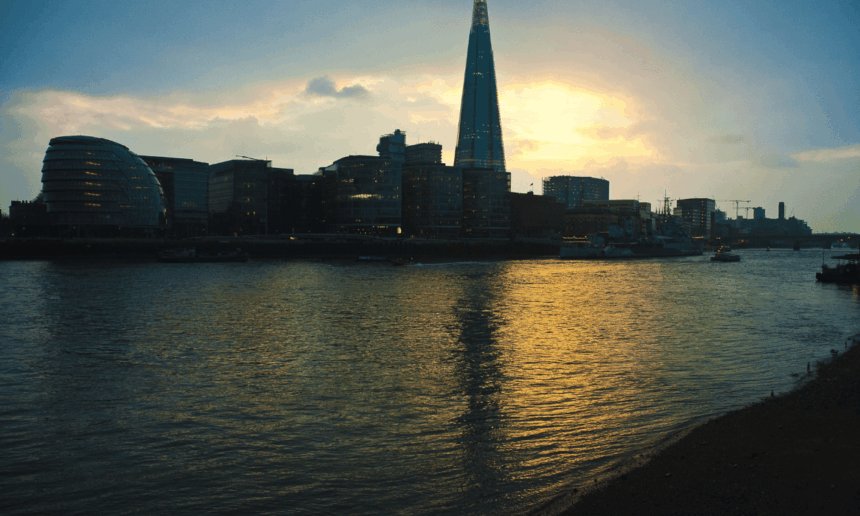American companies are beginning to confront the significant challenges posed by escalating tariffs, which have resulted in tough operational decisions, including price increases and workforce reductions. As tariffs impact costs for imported goods, businesses are left weighing their strategic options amid a turbulent economic landscape. KAVU True Outdoor Wear serves as a prime example of an enterprise dealing with these complexities head-on. Business owners across the country are adopting varied approaches to weather this storm, with decisions that can reshape their economic future.
In the past, KAVU True Outdoor Wear had attempted to handle the financial burden of a 10% tariff without relaying costs to consumers. However, the company now finds itself facing tariffs of 46% on goods from Vietnam and 26% on products from India. Such substantial increases make it untenable for the company to maintain its previous strategy. “There’s absolutely no way I can make a profit this year absorbing all these tariffs,” stated Barry Barr, owner of KAVU, highlighting the strain on business finances.
How Are Companies Responding to the Tariff Pressure?
Businesses across various sectors are no longer able to adopt a cautious wait-and-see stance. They are actively engaging in strategic planning, moving towards price adjustments, and carefully scrutinizing their labor resources. Economist Courtney Shupert describes the summer as a temporary breather for many firms, with companies now seeking more sustainable solutions in response to persistent tariff pressures.
What Do Executives Foresee as the Long-term Impact?
The long-term view among executives suggests a pragmatic acceptance that tariffs are becoming a new norm in international trade. PYMNTS Intelligence research points out that the majority of senior product executives from companies with revenues up to $1 billion perceive tariffs as integral to U.S. trade policy, adapting their business strategies accordingly.
Reflecting on statements such as “There will be some tough decisions to be made for sure,” Barry Barr’s perspective resonates with many business leaders. The imperative to adapt quickly includes restructuring supply chains, managing the risk of delays, and grappling with potential layoffs or reduced hiring. Only a small fraction of companies still see tariffs as a short-lived tactical measure.
While large companies are particularly proactive, with 100% of them reportedly preparing for negative impacts, medium-sized firms are also adapting their strategies to mitigate potential disruptions in supply and export activities. This adaptation involves a comprehensive reevaluation of their operational frameworks to sustain profitability.
Barry Barr’s experience with adjusting prices and staffing levels at KAVU True Outdoor Wear reflects a broader trend compelling businesses to make calculated decisions, balancing immediate financial exigencies with long-term strategic planning. As the implications of tariffs continue to ripple through different industries, business leaders remain focused on navigating these economic uncertainties with resilience and strategic foresight.










